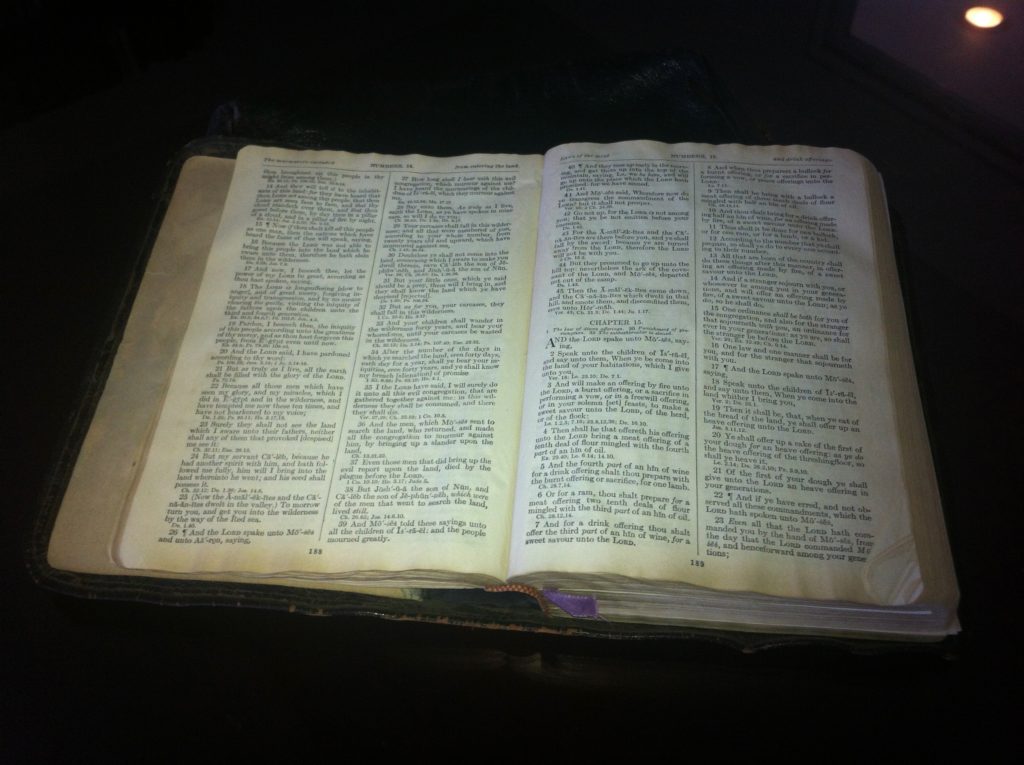
We don’t have all the details, but it seems like everything went wrong on the First Missionary Journey (Acts 13, 14) when Paul and Barnabas moved their operations north from Cyprus to Asia Minor. Perga is not a tourist destination. Cyprus was home to Barnabas. It was exciting preaching from synagogue to synagogue across the southern part of the island. It wasn’t too foreign to preach to their fellow Jews, but Perga was different. It was the land of the Gentiles, and the territory was a swamp. Paul became deathly ill, and it was too much for young John Mark. He abandons them in their time of need and returns home to momma in Jerusalem. Fortunately, Barnabas takes Paul inland to the high country, and the mission continues, but the hurt in Paul’s heart over Mark’s desertion remains.
When it was time for the Second Missionary Journey, the hurt prevented Paul and Barnabas from working together:
37 Now Barnabas wanted to take with them John called Mark. 38 But Paul thought best not to take with them one who had withdrawn from them in Pamphylia and had not gone with them to the work. 39 And there arose a sharp disagreement, so that they separated from each other. Barnabas took Mark with him and sailed away to Cyprus, 40 but Paul chose Silas and departed. [1]
Doesn’t that seem like a great tragedy? Why couldn’t they reconcile? I am sure Paul forgave Mark, but that didn’t mean they had to work together. Reconciliation is much more challenging to achieve. Forgiveness doesn’t depend on the other person. I can forgive them even if they don’t forgive me, but reconciliation is a different matter. It requires both parties to participate.
The good news is that Paul and John Mark did reconcile. In his last letter, the Apostle Paul told Timothy, “Luke alone is with me. Get Mark and bring him with you, for he is very useful to me for ministry” (2 Timothy 4:11).
Reconciliation is possible and should be our goal in these congregational conflicts. We’ll discuss how this can happen tomorrow.
[1] The Holy Bible: English Standard Version. (2016). (Ac 15:37–40). Wheaton, IL: Crossway Bibles.
